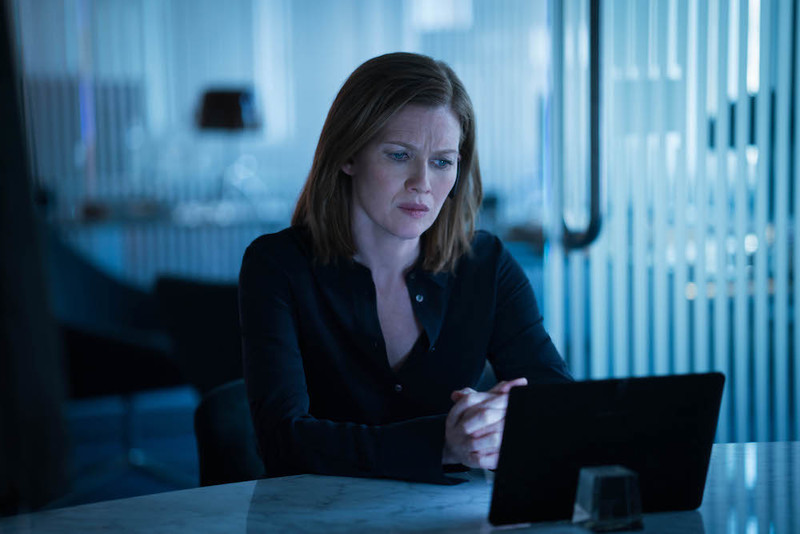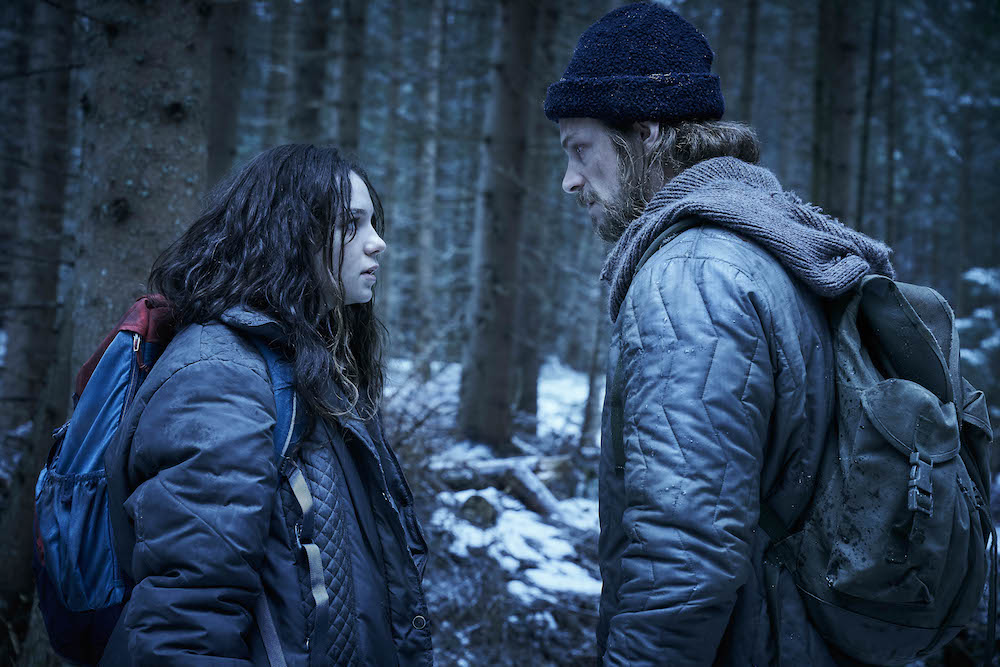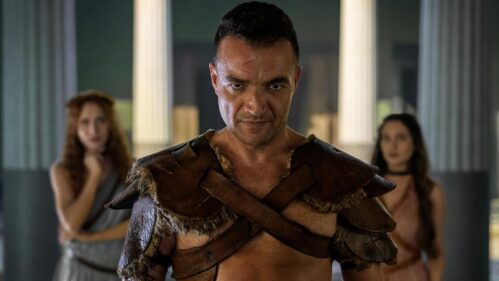“Hanna” is one of the more maddening examples in recent film adapting, and not just because it’s so similar to its singular 2011 parent, Joe Wright’s “Hanna.” It’s also that streaming service Amazon has produced the considerably longer eight-hour series, like a knock-off product that’s blatantly not as trustworthy as the original and smells a little off. So even though you can rent a two-hour version from the same website, “Hanna” the Amazon Prime Video series wants you to look past its denial about the very similar and much better film that inspired it. But you wonder throughout: “Have the people behind this series not seen ‘Hanna’?”
David Farr has. He’s one of the writers from the film, now credited as this show’s creator and main writer, with Wright returning as a consultant. Farr is a major force to this show’s existence, as much as directors like Sarah Adina Smith and Jon Jones try to sell it as an albeit bloated, drab young assassin saga. And as much as the cast and crew try to legitimize it, it’s impossible to recommend the show over the movie.
Let’s flash back to the original: It was a singular action project, in which “Atonement” director Joe Wright used his precise eye and fantastical touch, and told a riveting fairytale about a father assassin who trains his daughter in the woods to kill, to protect herself. “Hanna” boasted standout work from a unique blend of actors: Eric Bana, Saorise Ronan, and Cate Blanchett. And throughout its calm atmospheric moments and bursts of action, its pulse came from an incredibly catchy score by the Chemical Brothers, still one of the greatest from an action movie of the last decade. Even the often silly Tom Hollander went against type to don a strange brand of menacing, but it was all the more believable and exhilarating within the vivid world-building of Wright’s film.

The tale for “Hanna” the show is very much the same, as are the themes that are hit with far less momentum: Hanna (Esme Creed-Miles) lives in the woods with her father (Joel Kinnaman), who has been training her in the art of survival, which in this case means to avoid other human beings who may come for her, locked and loaded. Hanna is a child prodigy assassin, but she is also barely a human being, an element that makes for the most intriguing element when she’s forced to flee. She soon enters her own coming-of-age journey, where she interacts with the outside world and teenage girls like her, while avoiding people who want to kill her. In quieter moments, we get a reflection of what degrees of awareness and sensitivity make a modern human being. As Hanna and her father are separately pursued by off-book CIA operative Marissa Wiegler (Marielle Enos) and a squad of special ops people, the premise itself is intriguing as a riff on the raw experience of coming of age, and the makeshift nature of family.
A key difference in this adaptation is the deletion of the film’s gritty fairytale imagery, which slightly raised the movie’s reality (and is something worth revisiting, as Laura Bogart did last month), and lead to a striking tone. But even without that comparison, “Hanna” struggles to build its own adrenaline. It’s the type of an espionage tale that sometimes tries to wake the viewer up with a fight scene where the limited choreography has to be edited around, and its biggest surprises are often when a forgettable side character bites the bullet. And even though “Hanna” expands the story to show Marissa’s personal life, and a bit more of the history of Hanna, her mother Johanna (Joanna Kulig), and the mission that brought everyone together, the series does not earn any good graces by feeling so achingly familiar in its first few episodes.
The frustration with “Hanna” goes even further than its weird placement on Amazon’s digital shelves—it’s so clear that conscientious efforts have been made in front of and behind the camera that one wishes they were put toward something inspired by “Hanna,” not derivative of it. Creed-Miles captures the computer-like nature of her title character, quietly observing life when she is not in an automatic killing mode, creating a very complicated internal life in the process. Her dedication is matched by Kinnaman and Enos, who make you want to believe in this project like they do, but just make you further dismayed that you’ve already felt their dramatic beats before from the likes of Eric Bana and Cate Blanchett, respectively.
For even casual viewers, “Hanna” is foiled by a deadly combination of slow pacing and a predictable course of events. And yet even when it starts to diverge from the expected path, with mind games between Kinnaman and Enos as Creed-Miles scurries around them, the energy slacks. It’s thrilling to see the hunter become the hunted and vice versa, especially with so much time spent with both sides, but “Hanna” makes its game more dull than it should ever be.
Four episodes screened for review.












